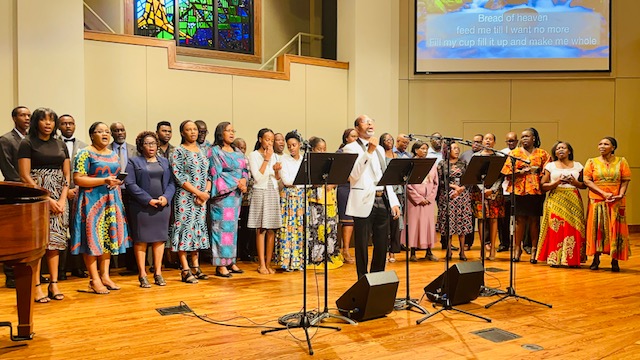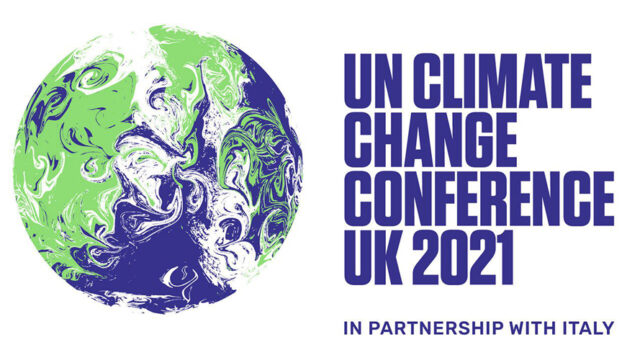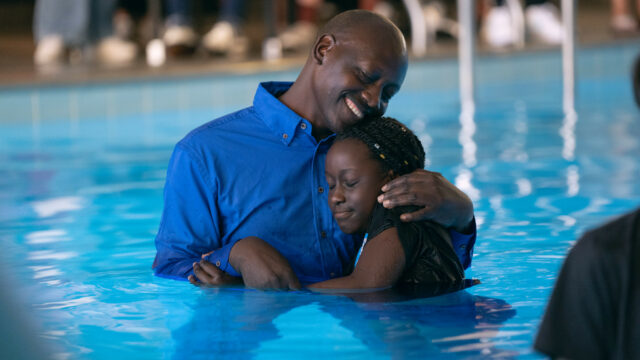Those whom I counseled seemed to see things differently.

I’m a therapist, writer, and Christian pastor. I’ve noticed something in many of my clients, clients who have traditionally been secular, humanistic, or just plain atheistic. All of a sudden, they’re giving God a serious second look.
In just the past couple weeks I’ve had several conversations with clients who have never shown an interest in spiritual things.
As a therapist, my first goal is to support, address, explore, and encourage my clients’ existential questions; questions that are not, surprisingly, causing them anxiety and chaos in their internal psychic life, but the total opposite: questions based on considering belief in God as something—more specifically—Someone who brings them peace and order from the anxiety, fear, and chaos in their world.
A Surprising Difference
As a therapist and pastor, I’ve had numerous conversations about the goodness and fairness of God and the existence of evil, pain, and suffering in the world. Conversations that begin: “If God is so good, why would He allow . . .” Each of these conversations are crucial for people to wrestle with, and are riddled with personal pain, confusion, and anger at God.
But recent conversations are different.
These conversations all have one thing in common: they focus on having a relationship with God as an effective and healthy coping skill; something that will help them not only survive this crisis but thrive in the midst of it.
This is mind-blowing, because each of the clients I’ve had these conversations with have had an extensive history of chronic mental health issues (in length or severity, or both), and most of them also have co-occurring issues with substance abuse (drugs, alcohol—or both). Which means that in their past, they’ve attempted to deal with their problems by using negative coping skills (codependency, anxiety, depression, faulty thoughts, substance abuse, etc.). But suddenly, they’re not turning to any of these former coping skills; instead, they’re seriously considering God as their chief coping skill.
As their therapist, I’m both legally and ethically prohibited from sharing my personal opinions and directly trying to get them to come over to my “Christian” side of the fence. And even if it weren’t against the law or best clinical practices, I still wouldn’t do it, simply because no one wants to be emotionally manipulated during a time of intense emotional and existential crisis. Choosing to become a Christian as a result of that kind of manipulation doesn’t last. Their faith would be immature and superficial.
Considering Christianity
Speaking as a pastor, I would love for all my clients to consider Christianity. I’m truly excited for my clients taking this first step and asking some tough questions about the part God plays in their lives. Everyone comes to God through tiny, successive steps. Even people who were raised Christian (as I was), have to come to a point where we square the cognitive dissonance of placing our total trust and belief in Someone we can’t see, hear, or touch. To have a faith like that takes honesty, time, and energy. Because all of us—yes, Christians included—don’t check our brains at the door when we have to deal with the complexities of life.
I can’t begin to know what God thinks or feels, but I do know this: He is happy—much more than I am—that my clients have begun this journey. Whatever they decide to do with God in the future, I know they will be better off for beginning to consider faith in God. As their therapist, I am honored and amazed to be part of this deeply personal and sensitive search.








